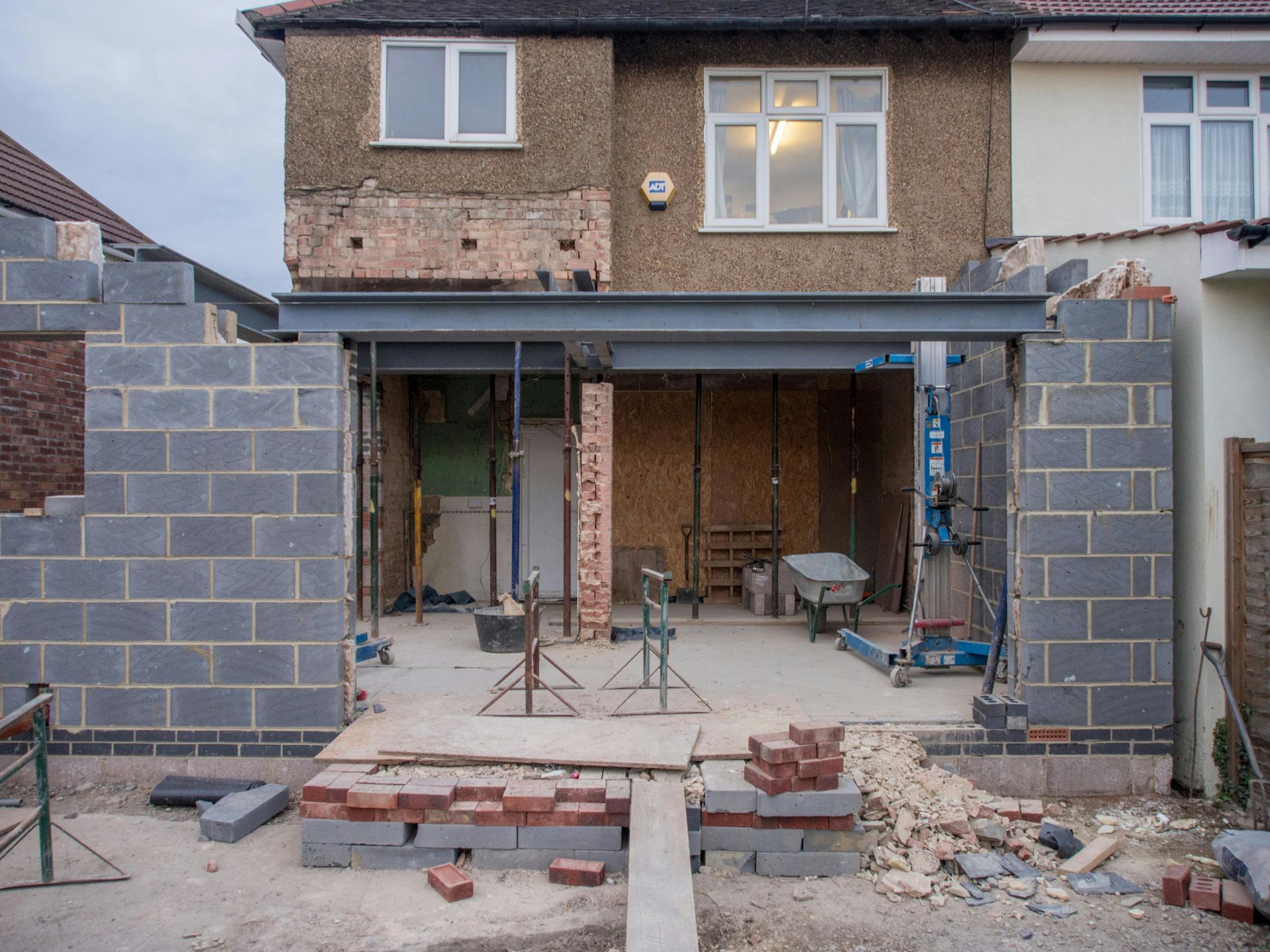Can You Get a Mortgage on a Property with an Annex in 2025?
Annexes Can Increase Value and Flexibility—But Not All Lenders Treat Them the Same. Here’s How to Secure a Mortgage on a Property With an Annex in 2025
Whether it’s a space for elderly parents, a teenager’s retreat, or a short-term rental unit, properties with annexes have grown in popularity. But while annexes offer flexibility, they can also complicate the mortgage process—especially in 2025, as lender policies diverge sharply.
Not all annexes are treated the same. Some lenders see them as a bonus; others see them as a risk—especially if the annex is self-contained or generates income.
So, can you get a mortgage on a property with an annex? The answer is yes—but you’ll need the right strategy.
What Counts as an Annex?
An annex is typically a secondary living space attached to or near the main property. It may:
- Be physically connected (e.g. a converted garage or extension)
- Be detached but on the same title
- Have its own entrance, kitchen, and bathroom (self-contained)
- Share utilities or council tax bills with the main house
Lenders assess annexes based on layout, access, independence, and potential use.
Why Lenders Treat Annexes Differently
Annexes introduce potential risks in the eyes of lenders:
- Resale concern: Dual dwellings may appeal to fewer buyers
- Tenancy issues: A self-contained annex may be rented separately, creating regulatory or insurance complexity
- Mortgage type conflict: Residential vs. buy-to-let use can cause conflict if part of the property is let
- Valuation uncertainty: It's often unclear how much value the annex adds—or if it counts as a separate dwelling
How Lenders Assess Annexes in 2025
🔹 Type 1: Non-Self-Contained Annex
If the annex doesn’t have its own kitchen or is clearly part of the main home:
- Most residential lenders will accept this
- The annex is valued as part of the main property
- No separate rental or commercial use is allowed
🔹 Type 2: Self-Contained Annex (Same Title)
If the annex has its own entrance, kitchen, and bathroom:
- Some lenders will still accept it—but often restrict use
- You may need to confirm it won’t be rented out separately
- A few lenders will allow relatives (e.g. elderly parents) to live there
🔹 Type 3: Self-Contained Annex (Separate Use or Income)
If the annex is used as a holiday let, Airbnb, or long-term rental:
- You’ll need either a buy-to-let or semi-commercial mortgage
- Fewer lenders are available
- Income from the annex may or may not be counted toward affordability
What You’ll Need to Provide
To support your application, be ready with:
- A floorplan showing the layout
- Confirmation of how the annex is (and will be) used
- Planning status and any building regs documentation
- Details of utilities—are they shared or separate?
- Information on any current tenants or letting agreements
Some lenders will ask for an RICS valuation that explicitly references the annex and how it contributes to value.
Case Study: Residential Purchase with a Granny Flat
A Willow client was buying a 5-bed house in Surrey with a 1-bed annex above the garage for their elderly parent. The property was on a single freehold title and shared utilities.
Several lenders declined due to concerns over self-containment. We sourced a lender that accepted annexes used for dependent relatives, and the case proceeded smoothly with a strong explanation letter and supporting valuation.
How Willow Private Finance Helps
We regularly deal with:
- Residential mortgages for homes with annexes
- Buy-to-let or holiday let properties with annex income
- Bridging finance for conversion of outbuildings into annexes
- Large estates with multiple dwellings under one title
We know which lenders take a pragmatic view and how to present complex properties clearly to underwriters.
📞 Want Help Navigating Today’s Market?
Book a free strategy call with one of our mortgage specialists.
We’ll help you find the smartest way forward—whatever rates do next.
Important: Your home may be repossessed if you do not keep up repayments on your mortgage or any other debt secured on it. The Financial Conduct Authority does not regulate some forms of buy-to-let, holiday let, or annex-related finance. The content of this blog is for information purposes only and does not constitute personalised financial advice. Always seek professional advice before taking any action.










